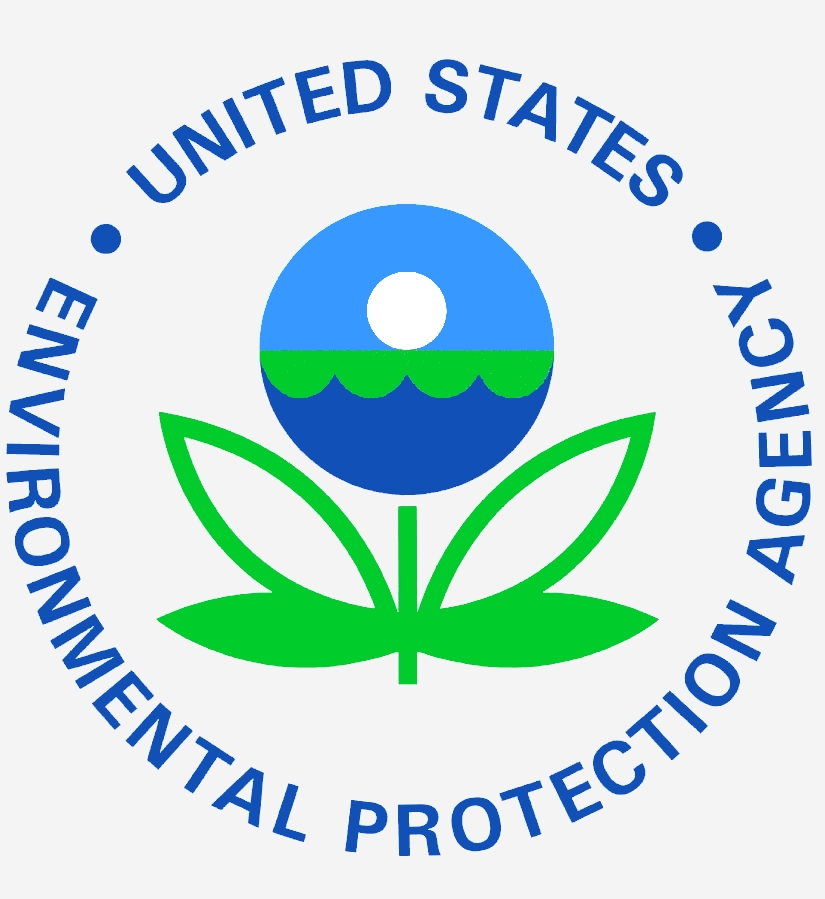Respect for your privacy is our priority
The cookie is a small information file stored in your browser each time you visit our web page.Cookies are useful because they record the history of your activity on our web page. Thus, when you return to the page, it identifies you and configures its content based on your browsing habits, your identity and your preferences.
You may accept cookies or refuse, block or delete cookies, at your convenience. To do this, you can choose from one of the options available on this window or even and if necessary, by configuring your browser.
If you refuse cookies, we can not guarantee the proper functioning of the various features of our web page.
For more information, please read the COOKIES INFORMATION section on our web page.


 According to its official press release on 8 August, United States Environmental Protection Agency (EPA) will no longer approve product labels claiming glyphosate is known to cause cancer – a “false claim that does not meet the labelling requirements of the Federal Insecticide, Fungicide, and Rodenticide Act (FIFRA)”. EPA is issuing guidance to registrants of glyphosate to ensure clarity on labelling of the chemical on their products. The State of California’s much criticized Proposition 65 - which stated in 2017 that this pesticide should be labelled as a "probable carcinogen", reflecting the findings of the International Agency for Research on Cancer, a satellite of the World Health Organization, presented two years earlier - has “led to misleading labelling requirements for products, like glyphosate, because it misinforms the public about the risks they are facing. This action will ensure consumers have correct information, and is based on EPA’s comprehensive evaluation of glyphosate”.
According to its official press release on 8 August, United States Environmental Protection Agency (EPA) will no longer approve product labels claiming glyphosate is known to cause cancer – a “false claim that does not meet the labelling requirements of the Federal Insecticide, Fungicide, and Rodenticide Act (FIFRA)”. EPA is issuing guidance to registrants of glyphosate to ensure clarity on labelling of the chemical on their products. The State of California’s much criticized Proposition 65 - which stated in 2017 that this pesticide should be labelled as a "probable carcinogen", reflecting the findings of the International Agency for Research on Cancer, a satellite of the World Health Organization, presented two years earlier - has “led to misleading labelling requirements for products, like glyphosate, because it misinforms the public about the risks they are facing. This action will ensure consumers have correct information, and is based on EPA’s comprehensive evaluation of glyphosate”.


























